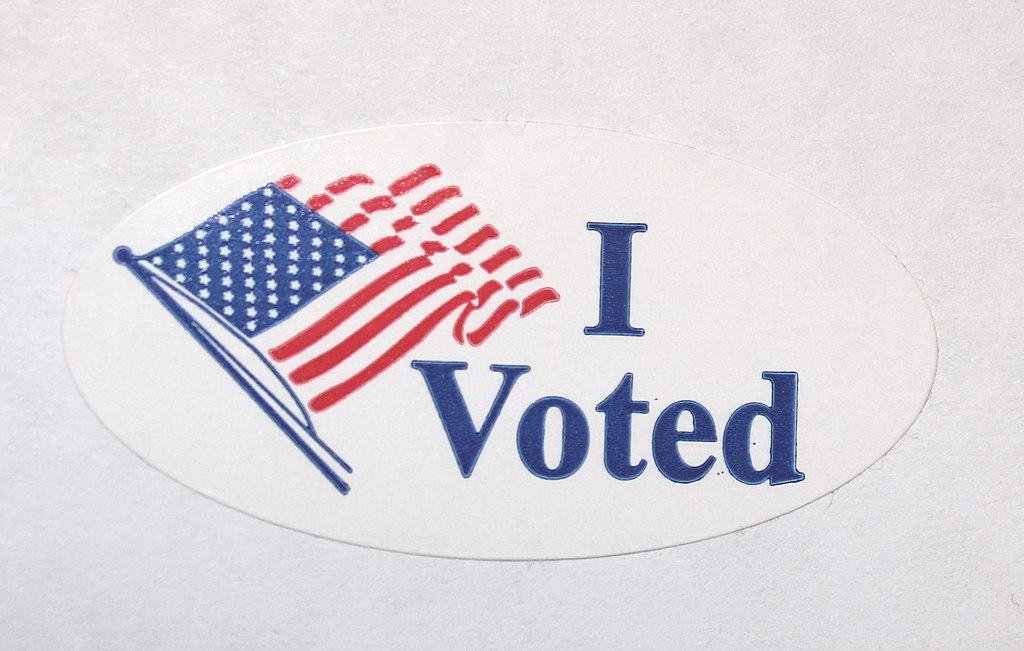I recently completed my undergraduate degree in Religion and Women’s and Gender Studies. My research has focused primarily on contemporary American religion in the public domain. I particularly enjoy interdisciplinary approaches; I’ve used blogs, network analysis, legal documents, theological texts, and original survey research as windows into the experiences of religious communities.
Eight Kids and Two Book Deals: Biblical Womanhood Blog Networks, Entrepreneurship, and Gender

Biblical Womanhood blogs form a tightly connected network designed to promote a vision of womanhood based on traditional gender roles. These bloggers are primarily wives and mothers, almost exclusively homeschooling their children, and theologically conservative. However, many of them are also highly business-oriented; their blogs are monetized, through advertisements, selling products, and consulting businesses, and a fourth of bloggers have authored and published books. Examining how these business connections fit within the broader network of Biblical Womanhood blogs gives interesting insight into how Biblical Womanhood bloggers create and maintain their gendered identities online. Blog networking technology was used to create a visual overview of the Biblical Womanhood blog network, followed by three case studies examining prominent bloggers, their business activities, theologies, and the gendered content of their blogs.
Religious Coercion and Free Exercise at the Air Force Academy

Interior of Cadet Chapel.
In 2004, the Air Force Academy was accused of violating the First Amendment by favoring evangelical Christians; however, in responding to the problems, the Academy risked limiting the religions freedom and free speech of Christian students. This conflict illustrated the fine line the military often walks between allowing free exercise of religion and avoiding the establishment of religion. Analyzing military and legal documents from the controversy and secondary sources on the nature of religion in the military, this paper seeks to find where the balance ought to fall between the First Amendment concerns of avoiding establishment of religion and not limiting free exercise. The unique nature of a military university posed a problem both due to the hierarchical structure, which could lead to religious coercion, and due to the need to accommodate religious students. While some accommodation was indeed required, and proselytization may be allowable in some circumstances, the Air Force’s allowances for religious speech failed to address concerns about coercion in a military setting. With evangelical Christians becoming a more prominent part of the military, strongly delineating the difference between appropriate religious expression and inappropriate endorsement of religion will be an important task for the military to protect the First Amendment rights of all of its members.
God Wants Your Vote: Political Theology and Voter Turnout in Campus Ministry Students
On election night 2012, University of Mary Washington’s campus ministries were doing their usual fellowship and prayer, but also showing off their “I Voted” stickers and waiting for the results to return. Contemporary political theology, responding to the political participation of evangelical churches, includes theological justifications for Christian participation in politics not just as citizens, but as Christians. Churches develop voter guides, resources for lobbying, and information about registration; denominational publications such as websites and theological journals describe voting in religious terms, as not only a civic but a spiritual duty. However, it is unclear how effective these efforts are. Does a political theology that encourages voting for religious reasons actually get out the vote? This study examines the political theologies of three denominations: the Evangelical Lutheran Church in America, the Episcopal Church, and the Southern Baptist Convention. These theologies are then compared to survey data on religious beliefs and voting behavior of students in two campus ministries at University of Mary Washington: Canterbury Club, which serves Episcopal and Lutheran students, and Baptist Campus Ministries. Despite encouraging political participation the most of the three denominations, the Baptist group had the lowest voter turnout; internal diversity within the campus ministry prevents the denomination’s message from effectively increasing voter turnout.
